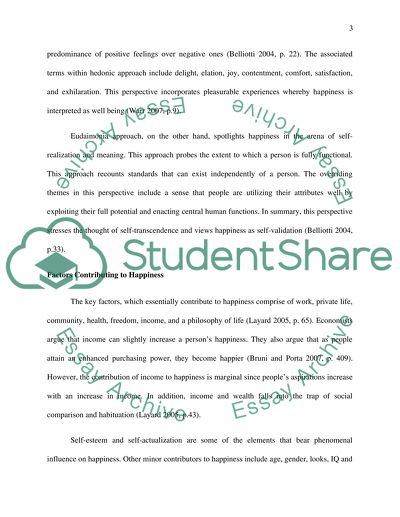Cite this document
(“Why is it that despite our affluence, happiness is so elusive in the Essay”, n.d.)
Retrieved from https://studentshare.org/psychology/1397360-why-is-it-that-despite-our-affluence-happiness-is
Retrieved from https://studentshare.org/psychology/1397360-why-is-it-that-despite-our-affluence-happiness-is
(Why Is It That Despite Our Affluence, Happiness Is so Elusive in the Essay)
https://studentshare.org/psychology/1397360-why-is-it-that-despite-our-affluence-happiness-is.
https://studentshare.org/psychology/1397360-why-is-it-that-despite-our-affluence-happiness-is.
“Why Is It That Despite Our Affluence, Happiness Is so Elusive in the Essay”, n.d. https://studentshare.org/psychology/1397360-why-is-it-that-despite-our-affluence-happiness-is.


